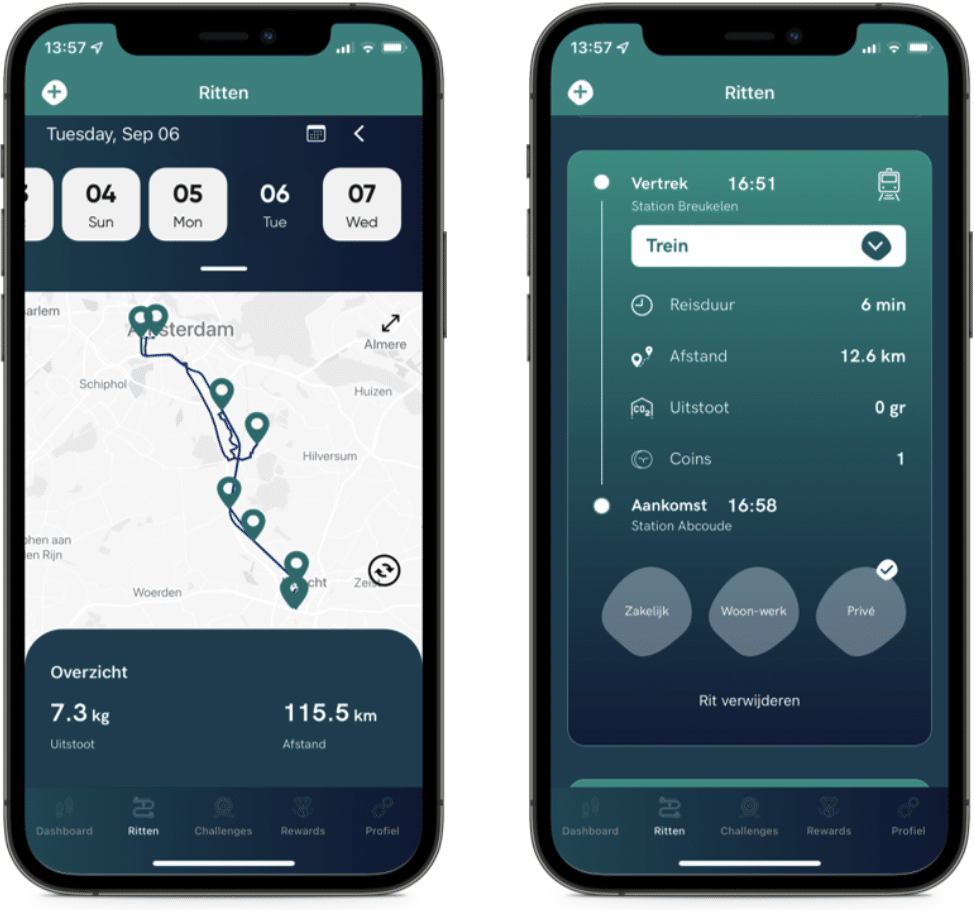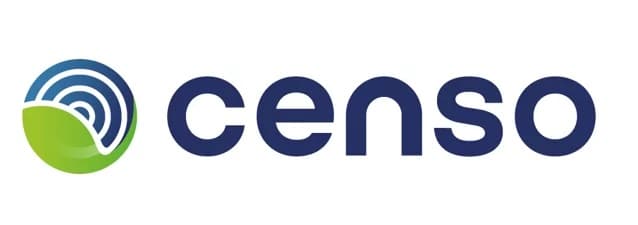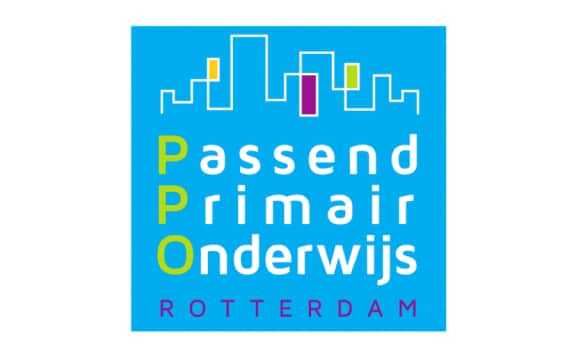CO2 reporting of commute and business-related mobility
Put recording and reporting mobility-related CO2 emissions on autopilot. Employees use our CO2 registration app to declare travel expenses and work-from-home days and are rewarded for sustainable mobility. This way annual CO2 reporting becomes very easy.
Keep track of business trips and CO2 emissions. Fynch makes it easy!
- Manual, time consuming
- Manual, error-prone
- No realtime insights into CO2 footprint
- Not prepared for legislation
- Several systems
- Fixed reimbursement
- Doing what you did
- Automatic registration
- 100% reliable data
- Real-time insights into CO2 footprint
- Compliant by law
- HR software integration
- Flexible reimbursement
- Behavioural change methodology

Simply measure your CO2 footprint
The Fynch CO2 footprint app registers your employees’ CO2 emissions on a daily basis.
Comply to the Reporting Requirement in 3 steps

Employees are invited to login to the Fynch WPM Survey tool. They create their own profile and add their vehicles / modalities. We support SSO via Google and Microsoft.

The intuitive calendar function makes submitting daily commutes a breeze. Within minutes employees have registered what is needed to comply with the CO2 reporting requirement.

The employer receives insight into CO2 emissions and other mobility KPIs on an aggregated and anonymized level. The reporting meets the requirements of the Reporting Requirement Work-related Mobility of Persons.

Comply with the CO2 mobility reporting requirement
As of July 1, 2024, large employers (with more than 100 employees) are required to register and report their employees’ carbon emissions. Fynch makes this easy for you.

Reimburse travel and work-from-home expenses in accordance with tax laws
No longer reimburse fixed, untaxed travel expenses. Reimburse only the actual kilometers traveled and work-from-home days. Monitor CO2 emissions per business kilometer for the Reporting Requirement Work-related Mobility of Persons.
Employers already leading by example

...is supported by Fynch through its innovative mobility platform in achieving the objectives of the new mobility scheme.
View this caseOther employers who value sustainable mobility
We are here to answer all your questions about the Reporting Requirement WPM
The Reporting Requirement WPM is part of the Dutch Climate Agreement concluded in 2019. About 27% of all CO2 emissions are caused by mobility, and more than half of that is accounted for by employers. This regulation aims to achieve 1.5 megaton CO2 reduction by 2030.
- Companies in NL with 100+ employees
- Employee: Minimum 20 hours of paid work (including seasonal)
- Excluded: Temporary workers, volunteers, on-call workers (o-hours)
- Multiple establishments: Sum up
- Reference date employee count: January 1 of the reporting year
- Only yellow license plates, mopeds, motorcycles, public transport, and (e-)bike.
- Only business and commuting kilometers
- Have information provision in order by July 1, 2024
- Submit data for 1 July 2024 – 31 December 2024 by 1 July 2025 at the latest
- Thereafter, always report before 1 July of the following year via the website portal of RVO
- 2026 Benchmark joint emission ceiling. This may be followed by a standard in CO2 emissions per km.
In short, for each mode of transport/fuel type, all kilometers divided into commuting and business kilometers must be provided. This applies to both private cars and lease cars.
Make sure you know before July 1, 2024 whether this is possible, we are happy to help you with this.
Automate registration of CO2 emissions related to mobility
Save yourself and your workforce time and easily meet CO2 reporting requirements.





